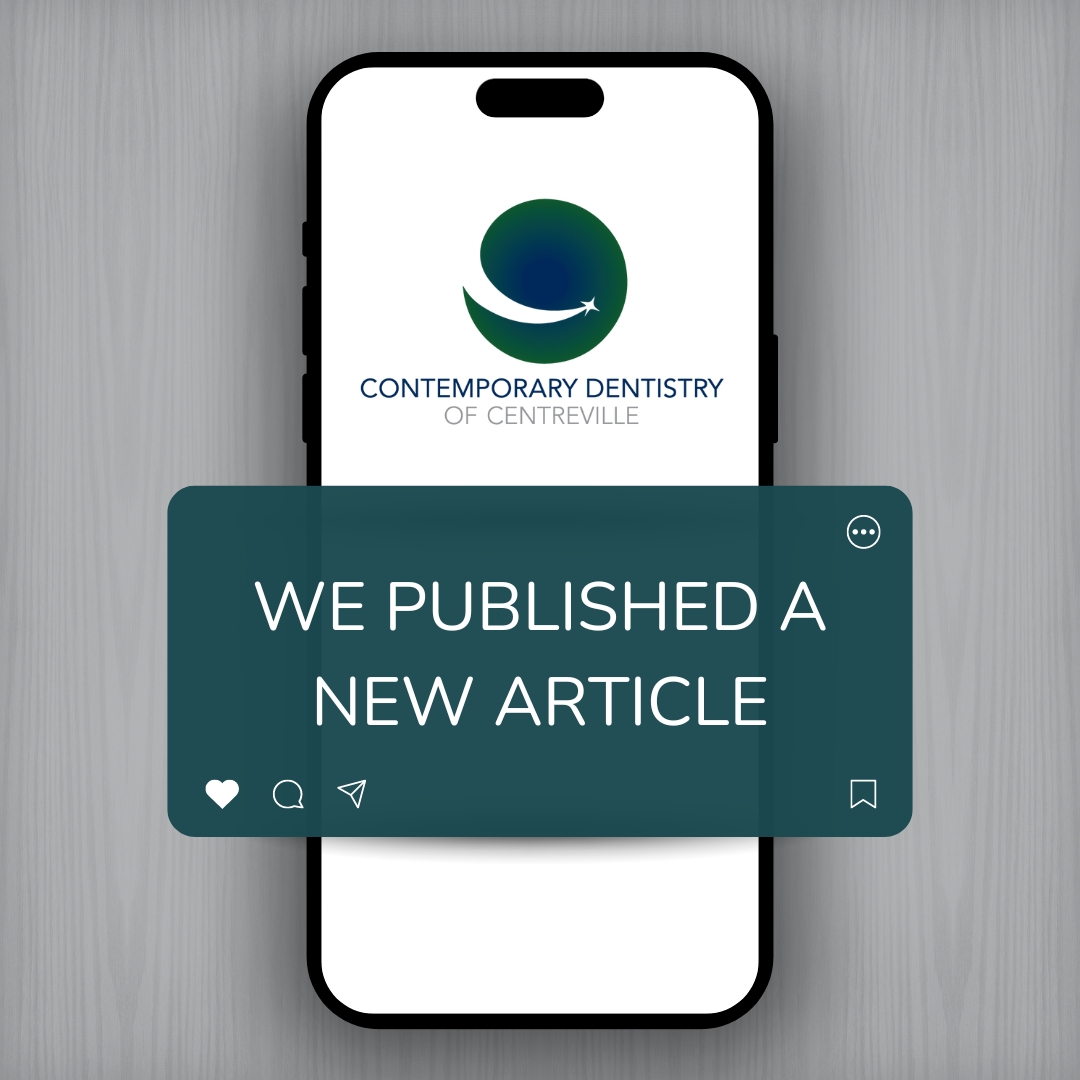Dentist 20120
 If you are on a vegetarian or vegan diet, it is important that you are aware of the impact these diets can have on your teeth and overall oral health. While there are numerous benefits of following a vegetarian or vegan lifestyle, your teeth depend on certain nutrients to remain strong and healthy. Vegetarians and vegans might be missing some key nutrients by avoiding certain foods. Here’s what you need to know.
If you are on a vegetarian or vegan diet, it is important that you are aware of the impact these diets can have on your teeth and overall oral health. While there are numerous benefits of following a vegetarian or vegan lifestyle, your teeth depend on certain nutrients to remain strong and healthy. Vegetarians and vegans might be missing some key nutrients by avoiding certain foods. Here’s what you need to know.
A Higher Risk of Tooth Decay?
While there have not been enough studies to find any conclusive proof, German researches found an interesting correlation: vegetarians had far better periodontal health than meat-eaters, but the reverse was true for dental health. However, the study shouldn’t be taken as conclusive until more research in this area is done.
Getting the Right Nutrients
A vegetarian diet can be deficient in recommended amounts of key vitamins and nutrients, such as vitamin D, calcium, and protein. When it comes to vitamin D, deficiencies can sometimes occur in those who don’t eat fish or drink milk. The Academy of General Dentistry recommends adding soy milk or vegetable margarine to your diet to boost vitamin D counts.
Protein: Teeth Strengthener
Protein is an essential nutrient that your body uses to help keep your teeth strong. The phosphorous contained in protein is also helpful for strengthening your jaw. But if you are a vegan, you will need to consider finding alternative sources for protein since common sources such as meat and eggs are not part of your diet. Dried lentils and mixed nuts can provide you with plenty of protein.
The Benefits of Plant Based Diets
According to the National Institutes of Health, diets that primarily include plants, fruits, and vegetables are one way of reducing your risk of developing oral cancer. You can talk to our doctor for more information about oral cancer and your risk factors.
Steps You Can Take
If you are a vegetarian or a vegan, we recommend finding a comprehensive multi-vitamin to help you get nutrients you might be lacking. Your doctor is a good resource to ask about the right multi-vitamin for you. Be sure to maintain regular visits to our office. We can help you assess potential problem areas in your mouth. By keeping up with a daily oral hygiene routine, you can lower your risk of developing tooth decay and periodontal disease.
Your diet has a tremendous impact on your teeth and your overall oral health. Your mouth depends on a balanced diet, daily oral hygiene, and regular check-ups. But for vegetarians and vegans, it might be helpful in making extra effort to ensure you still receive the proper nutrients your teeth need.
For more information on keeping your teeth healthy, contact our office.
Contemporary Dentistry of Virginia
5703 Centre Square Drive, Centreville, VA 20120
(703) 968-7022


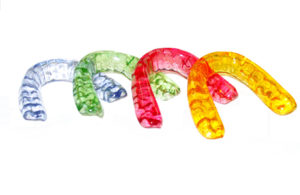 Losing a tooth can make simple tasks difficult. A missing tooth can impact the way you smile, eat, and talk. If your child plays sports, they are at a higher risk for losing a tooth. It is important for them to visit us to discuss potential protective solutions. Mouth guards are a useful tool for keeping your child’s teeth healthy. Here’s what you need to know.
Losing a tooth can make simple tasks difficult. A missing tooth can impact the way you smile, eat, and talk. If your child plays sports, they are at a higher risk for losing a tooth. It is important for them to visit us to discuss potential protective solutions. Mouth guards are a useful tool for keeping your child’s teeth healthy. Here’s what you need to know. A happy smile is a healthy smile! There are a number of steps you can take to keep your smile healthy by reducing your risk of developing tooth decay. Here are a few suggestions from our team.
A happy smile is a healthy smile! There are a number of steps you can take to keep your smile healthy by reducing your risk of developing tooth decay. Here are a few suggestions from our team.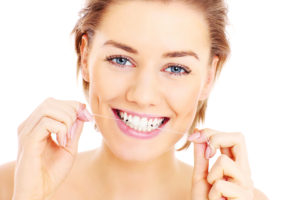 We’ve all been told at least once in our life that flossing daily is crucial. Here are four reasons why flossing may be beneficial for your oral health routine:
We’ve all been told at least once in our life that flossing daily is crucial. Here are four reasons why flossing may be beneficial for your oral health routine: Keeping up optimal oral health takes more than brushing and flossing. Maintaining oral hygiene demands a bit of work, but it is worth it in the long run. Here are four ways you can improve your dental health right now.
Keeping up optimal oral health takes more than brushing and flossing. Maintaining oral hygiene demands a bit of work, but it is worth it in the long run. Here are four ways you can improve your dental health right now.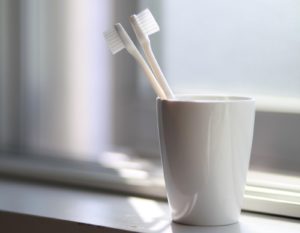 You may not realize it, but you could be at risk of developing an unsightly medical condition known as hairy tongue. While it is harmless in most cases, hairy tongue is still an unpleasant ailment. The causes are not always completely known, but practicing good oral hygiene at home and visiting our dental office for cleanings can help prevent the issue. Here’s what you need to know.
You may not realize it, but you could be at risk of developing an unsightly medical condition known as hairy tongue. While it is harmless in most cases, hairy tongue is still an unpleasant ailment. The causes are not always completely known, but practicing good oral hygiene at home and visiting our dental office for cleanings can help prevent the issue. Here’s what you need to know. Your smile is one of the first things a person will notice when you meet. If you would like to improve your smile with a simple procedure, teeth whitening may be a great option for you, especially if you have stained, dull or discolored teeth. Our dental office is providing teeth whitening services to new and existing patients.
Your smile is one of the first things a person will notice when you meet. If you would like to improve your smile with a simple procedure, teeth whitening may be a great option for you, especially if you have stained, dull or discolored teeth. Our dental office is providing teeth whitening services to new and existing patients. Men, dental examinations and treatment are important for you, too. Did you know according to the Academy of General Dentistry (AGD), by age 72 men lose an average of 5 teeth? That number jumps to 12 if you are also a smoker. Here’s what you need to know about keeping your mouth healthy. Follow these tips and you can beat the odds stacked against men and their oral health.
Men, dental examinations and treatment are important for you, too. Did you know according to the Academy of General Dentistry (AGD), by age 72 men lose an average of 5 teeth? That number jumps to 12 if you are also a smoker. Here’s what you need to know about keeping your mouth healthy. Follow these tips and you can beat the odds stacked against men and their oral health. When you travel by plane, your flight attendant will advise that in the rare case of an emergency, you must first put on your air mask before attempting to help those around you. When this is not followed, the results can be catastrophic, both for you and for those you might otherwise have been in a position to assist. While this is crucial information for all, many women particularly require this gentle reminder to prioritize their own needs above those of others.
When you travel by plane, your flight attendant will advise that in the rare case of an emergency, you must first put on your air mask before attempting to help those around you. When this is not followed, the results can be catastrophic, both for you and for those you might otherwise have been in a position to assist. While this is crucial information for all, many women particularly require this gentle reminder to prioritize their own needs above those of others.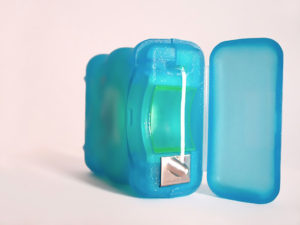 Loose teeth, bad breath, and painful, bloody gums – these are among the signs and symptoms of periodontal, or gum, disease. Unfortunately, periodontal disease can also begin without any obvious symptoms. If left undiagnosed or untreated, you could be at risk for irreparable damage to your teeth and gums. The good news is that periodontal disease is preventable. In fact, one of the most effective tools for preventing the disease only takes a minute of your time each day.
Loose teeth, bad breath, and painful, bloody gums – these are among the signs and symptoms of periodontal, or gum, disease. Unfortunately, periodontal disease can also begin without any obvious symptoms. If left undiagnosed or untreated, you could be at risk for irreparable damage to your teeth and gums. The good news is that periodontal disease is preventable. In fact, one of the most effective tools for preventing the disease only takes a minute of your time each day.